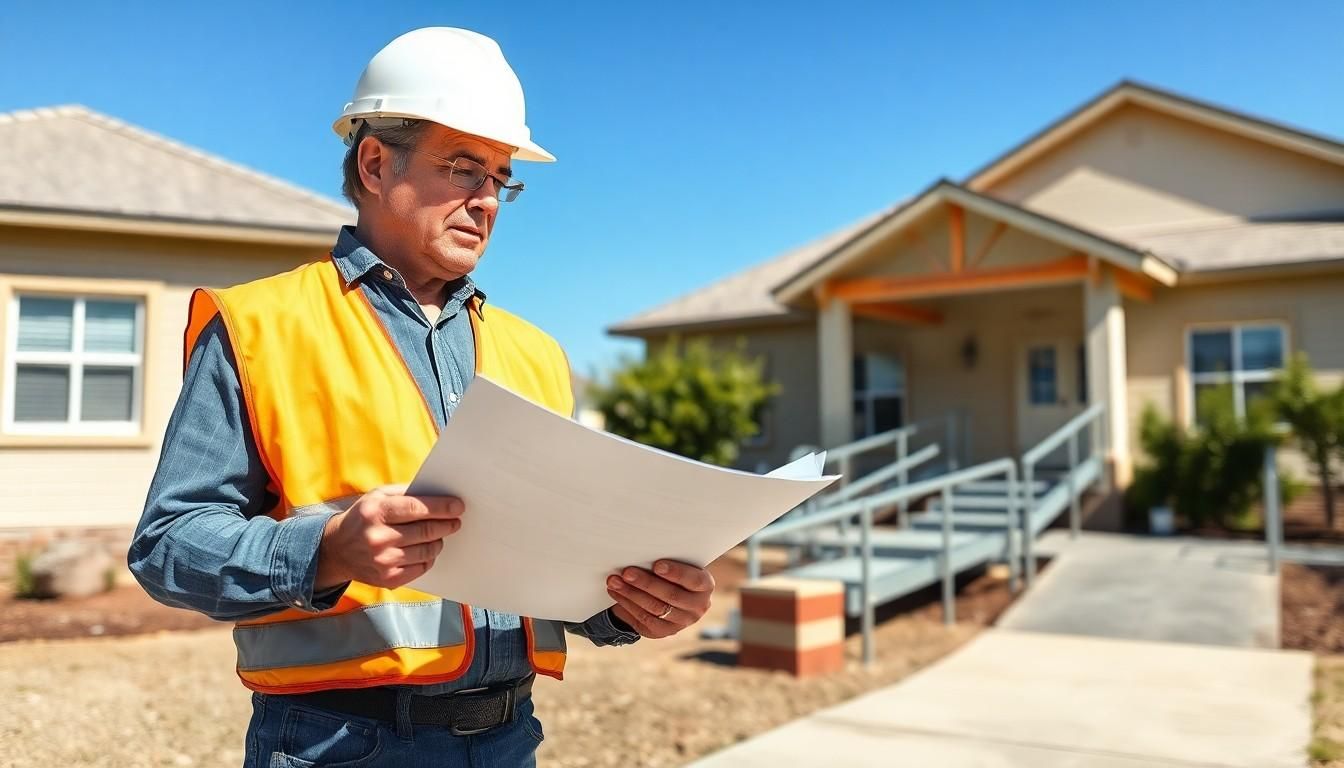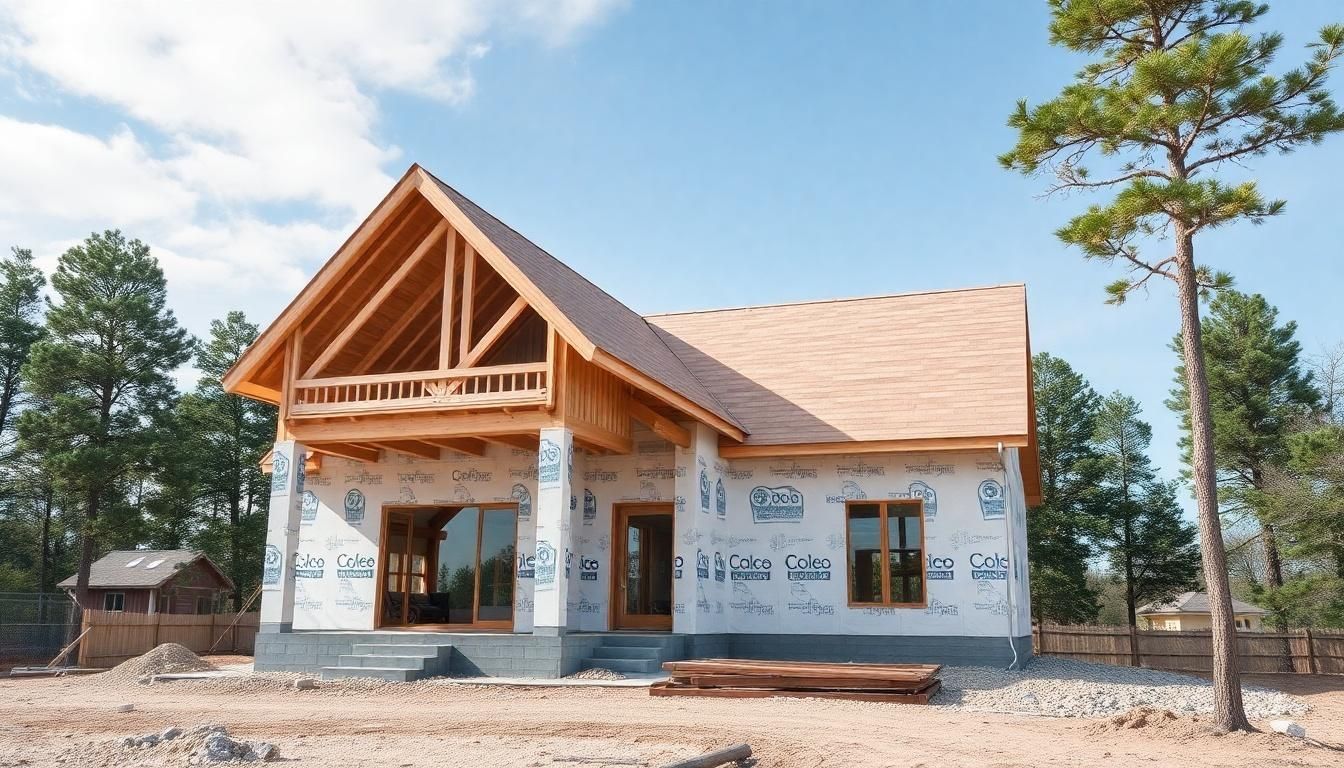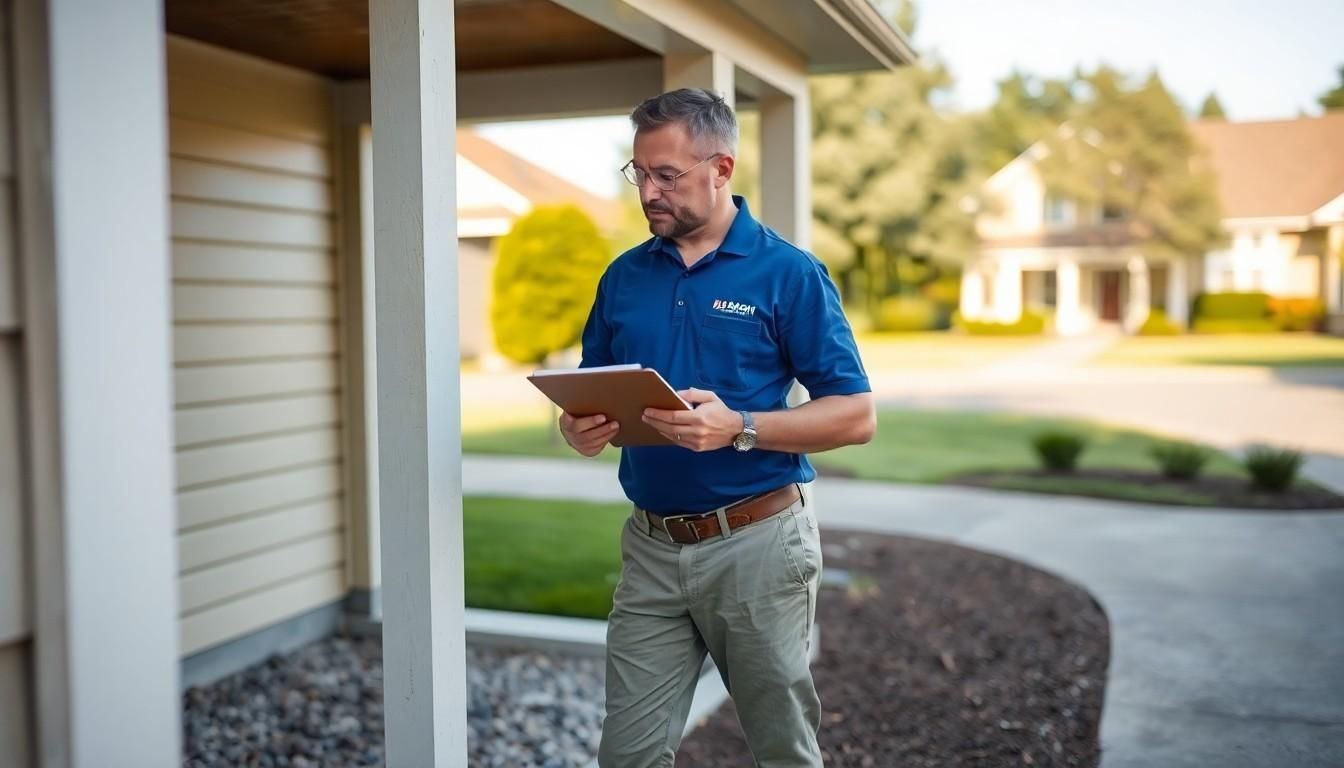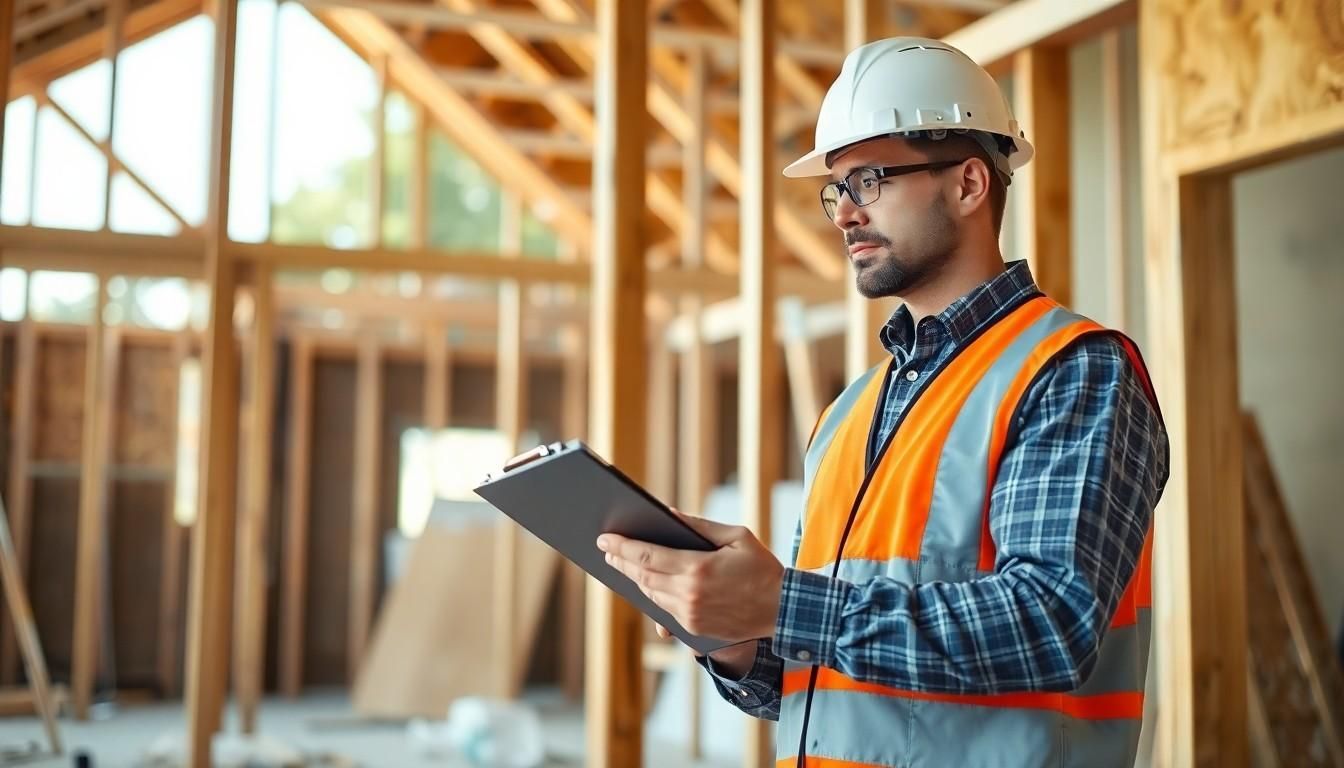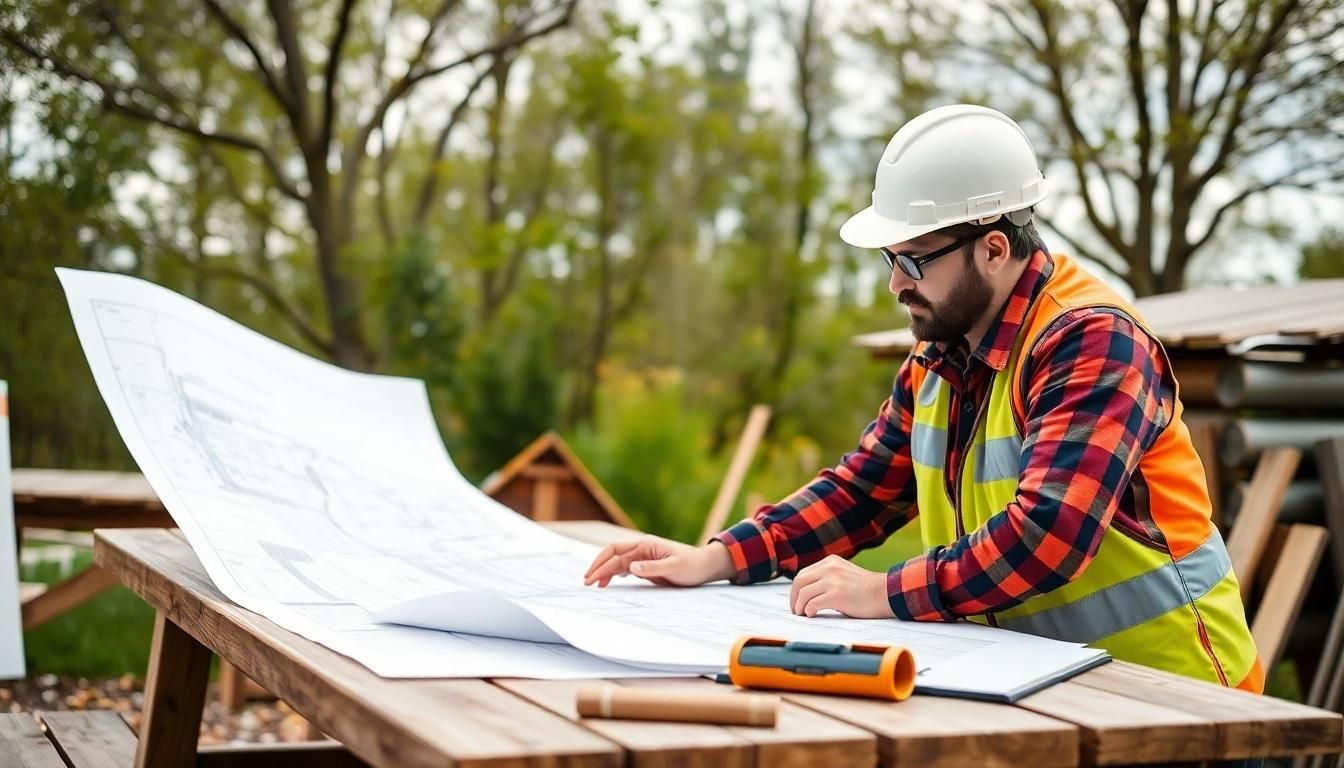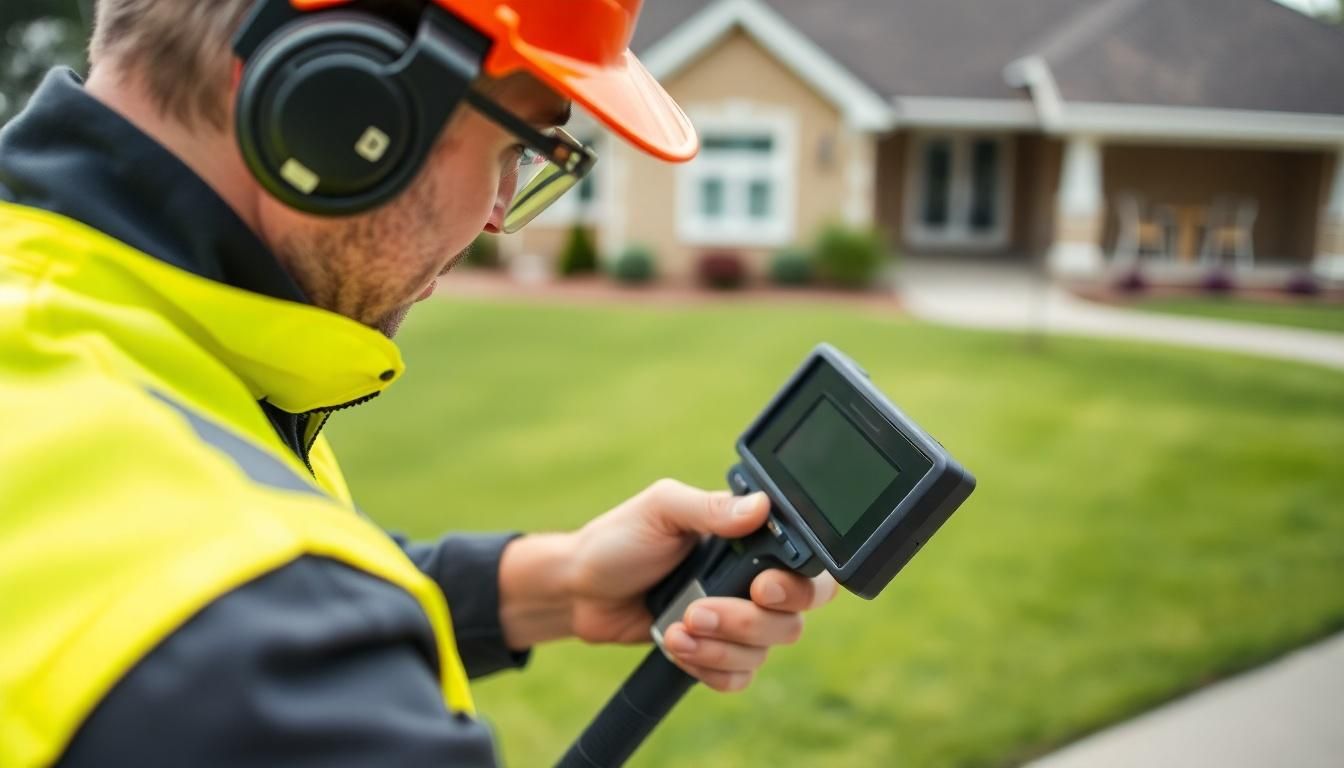What to Expect During a Home Inspection Process
- Home inspections last 2-4 hours, assessing structure and mechanical systems.
- Key inspection stages: Exterior Evaluation, Roof/Attic, Interior, Mechanical Systems, and Final Walkthrough.a
- Common issues: Roof damage, faulty wiring, plumbing leaks, inadequate insulation, foundation cracks, HVAC inefficiencies.
- Buyers and agents should attend for transparency; sellers should not be present.
- Sellers should make areas accessible, repair minor issues, provide documentation, and clean homes.
- Buyers should understand inspection checklists, attend inspections, prepare negotiation strategies, and research inspectors.
- Post-inspection, buyers may request repairs, negotiate price adjustments, or withdraw offers based on findings.
Did you know that a typical home inspection process can make or break a property deal? Understanding what to expect can better prepare you for a successful outcome. The inspection usually lasts two to four hours and includes a thorough examination of the home's structural and mechanical systems. The buyer, their agent, and sometimes the seller's agent are present, but it's suggested that the seller doesn't attend. This article will provide a detailed rundown of the inspection stages, the key areas of focus, and the roles of those involved.
Understanding the Home Inspection Process
Grasping the home inspection process is vital for both buyers and sellers. It ensures a smooth transaction and minimizes surprises. A typical inspection lasts two to four hours, involving a detailed check of the property's structural and mechanical systems. Knowing what to expect assists buyers in making informed choices and helps sellers prepare their homes effectively.
Typical Stages of a Home Inspection
- Exterior Evaluation: Inspectors start by checking the outside of the property. This includes siding, windows, doors, and any attached structures like decks or garages. They look for signs of damage or wear.
- Roof and Attic Inspection: Here, they assess the roof for problems such as missing shingles or leaks. The attic is also checked for proper insulation and ventilation.
- Interior Examination: Inside, inspectors examine walls, ceilings, floors, and windows, ensuring structural integrity and checking for visible defects.
- Mechanical Systems Check: Inspectors thoroughly review HVAC systems, plumbing, and electrical setups, ensuring everything works correctly and meets safety standards.
- Final Walkthrough and Reporting: After all checks, the inspector may lead a brief walkthrough with the buyer and agent. They discuss initial findings before a detailed report is provided, outlining any issues.
Roles of Attendees and Their Presence
During an inspection, buyers and their agents usually attend. This gives them the chance to ask questions and understand the property's condition firsthand. The seller's agent might attend to aid communication. It is recommended that sellers do not attend the inspection. This allows buyers to discuss concerns freely with the inspector. Having these parties present ensures everyone is informed, promoting transparency and efficiency.
Key Areas of Focus in a Home Inspection
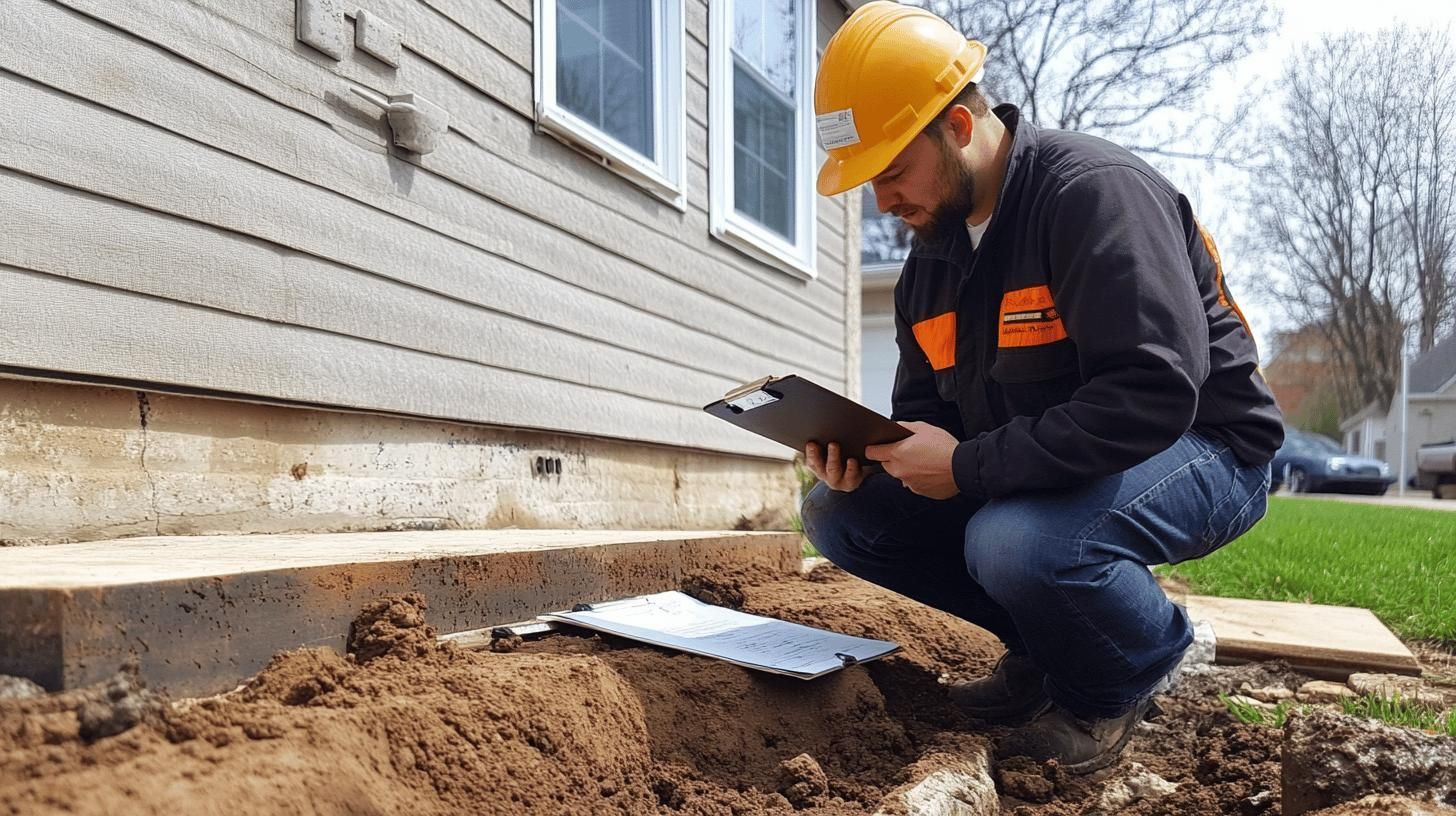
Conducting a thorough home evaluation pinpoints potential problems affecting the property's value or safety. Inspectors focus on several critical areas, checking structural soundness and mechanical efficiency.
1. Structural Elements
The foundation's integrity is crucial, so inspectors check for cracks, settling, or water intrusion. The roof is examined for missing shingles, leaks, or drainage issues. In the attic, they confirm insulation and ventilation prevent moisture buildup and mold.
2. Mechanical Systems
These systems are key for home safety and function. Inspectors assess HVAC units, confirming they work efficiently and safely. Plumbing inspections cover pipes, drains, water heaters, and fixtures for leaks or outdated materials. Electrical systems are evaluated for safety compliance, including wiring, circuit breakers, and outlets.
Inspectors also review exterior parts like siding and windows, ensuring they protect against the elements. By focusing on these key areas, inspections give buyers a comprehensive view of the property's condition, guiding informed decisions and potential negotiations.
Common Findings and Potential Issues
Inspections often uncover issues impacting value and safety. These defects might alter negotiations, with buyers seeking repairs or adjusting offers for fixes:
- Roof damage: missing shingles, leaks
- Faulty wiring: outdated or non-compliant systems
- Plumbing leaks: potential water damage and mold
- Inadequate insulation: affects energy efficiency and comfort
- Foundation cracks: structural concerns
- HVAC inefficiencies: reduced performance and higher costs
- Drainage issues: water pooling around foundation
- Poor ventilation: possible moisture and mold growth
Unexpected inspection failures can become deal-breakers if unresolved. Examples include structural defects or hazardous materials like asbestos, requiring costly repairs or removal. These surprises not only affect negotiations but might also sway a buyer's purchase decision, highlighting inspections' critical role in real estate.
Preparation Tips for Sellers and Buyers

Preparing as a Seller
Preparing properly eases the process and may aid in a successful sale.
- Make All Areas Accessible: Clear paths to attics, basements, and utility rooms for easy inspection access.
- Repair Minor Issues: Fix leaky faucets, loose doorknobs, or cracked tiles. These repairs can enhance the inspection report and buyer perception.
- Provide Documentation: Organize records of past maintenance and repairs. This clarifies the home’s history and demonstrates proactive care.
- Clean and Declutter: A tidy home helps inspectors focus and allows buyers to envision themselves in the space, aiding negotiations.
Preparing as a Buyer
What should buyers do to prepare for an inspection?
- Review the Inspection Checklist: Understand what inspectors evaluate, like structural elements and systems, to set realistic expectations.
- Attend the Inspection: Being present permits asking direct questions and gaining valuable insight.
- Prepare Negotiation Strategies: Consider potential issues' impact and how they might alter your offer.
- Research the Inspector: Hire a qualified inspector with good reviews and certifications for a reliable assessment.
Both sellers and buyers benefit from careful preparation, paving the way for a smoother inspection and successful negotiation.
Post-Inspection Steps and Negotiations
The inspection report is vital for post-inspection negotiations, providing a thorough account of the home’s condition. It highlights defects or concerns that could change the sale’s terms. Buyers use this report to evaluate repair needs or price adjustments. This guides discussions, ensuring clear understanding of obligations.
- Review the report to identify major concerns or repairs.
- Request crucial repairs for safety or functionality issues.
- Negotiate a price cut to cover repair costs.
- Opt to buy "as-is" if issues are manageable.
- Withdraw the offer if insurmountable problems exist.
Inspection results impact price and terms directly. Major safety issues can lead to price cuts or repair requests, altering financial dynamics. Conversely, a clean report can bolster the seller’s position. Ultimately, inspections ensure the property’s true condition is reflected in the final terms, protecting everyone involved.
Final Words
Throughout the home inspection process, understanding the steps involved can help mitigate surprises, providing clarity and direction. By focusing on structural and mechanical elements, attending parties gain insights into potential issues that may influence negotiations and the final sale price. Such insight contributes to informed decisions and ultimately enhances property value and security.
FAQ
What to expect during a home inspection?
A home inspection involves evaluating a property's structural and mechanical systems. Inspectors examine the foundation, roof, plumbing, electrical systems, HVAC, and more to assess condition and identify potential issues.
What are some things that fail a home inspection?
Common failures include roof damage, faulty wiring, plumbing leaks, and structural issues. Inspectors report these defects, each potentially affecting property value and buyer decisions.
How long does a home inspection take?
The typical home inspection lasts between two to four hours, depending on the property's size and age. Complex homes may require additional time for thorough evaluation.
Should buyers and their agents attend the home inspection?
While buyers and their agents should attend to understand the property condition, sellers are generally advised to avoid presence during the inspection to maintain objectivity.
What is the biggest red flag in a home inspection?
Significant structural issues, like foundation instability or extensive roof damage, are major red flags, potentially leading to costly repairs or renegotiation of sale terms.

